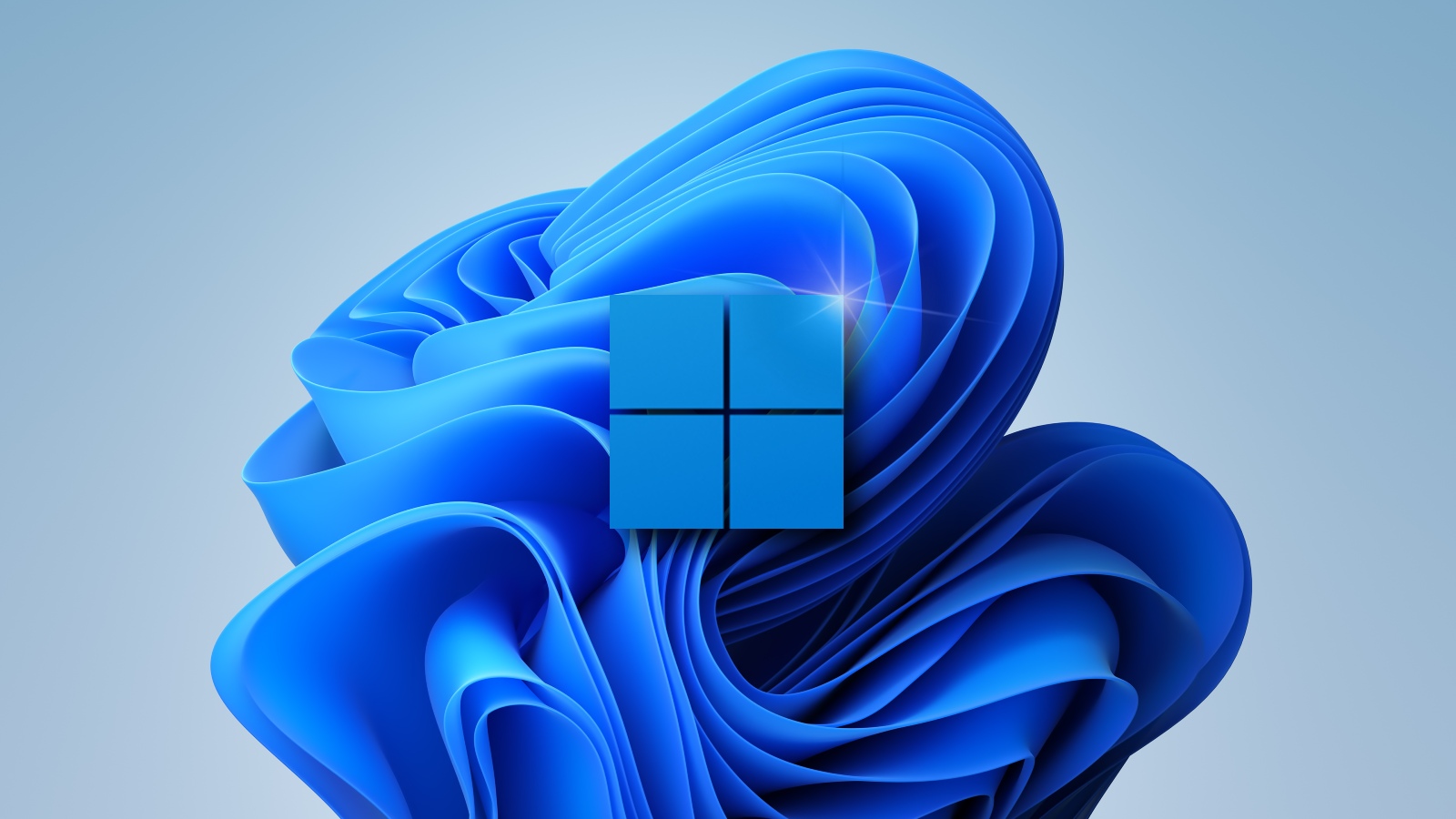BOOK THIS SPACE FOR AD
ARTICLE AD
Microsoft announced today that they might lower the Windows 11 system requirements to allow Intel 7th generation and AMD Zen 1 CPUs to use the new operating system.
When Microsoft announced Windows 11, they also released new system requirements that significantly reduced the variety of compatible CPUs and other hardware.
Even if your hardware had no problems running Windows 10, Microsoft decided only to allow Intel 8th generation, AMD Zen 2, and Qualcomm 7 and 8 Series processors to be compatible with Windows 11.
They also made it mandatory to have a TPM 2.0 security processor to install or upgrade to Windows 11, which is built into all of the compatible CPUs.
In a new blog post, Microsoft states that they used the following principles when deciding what hardware would be compatible with Windows 11.
Security. Windows 11 raises the bar for security by requiring hardware that can enable protections like Windows Hello, Device Encryption, virtualization-based security (VBS), hypervisor-protected code integrity (HVCI) and Secure Boot. The combination of these features has been shown to reduce malware by 60% on tested devices. To meet the principle, all Windows 11 supported CPUs have an embedded TPM, support secure boot, and support VBS and specific VBS capabilities. Reliability. Devices upgraded to Windows 11 will be in a supported and reliable state. By choosing CPUs that have adopted the new Windows Driver model and are supported by our OEM and silicon partners who are achieving a 99.8% crash free experience. Compatibility. Windows 11 is designed to be compatible with the apps you use. It has the fundamentals of >1GHz, 2-c.After the immense negative feedback from users running Windows 10 flawlessly and now finding their devices unable to run Windows 11, Microsoft has stated in a blog post that they may lower the hardware requirements to include Intel 7th generation and AMD Zen 1 CPUs.
"As we release to Windows Insiders and partner with our OEMs, we will test to identify devices running on Intel 7th generation and AMD Zen 1 that may meet our principles," Microsoft said in a new blog post.
Microsoft also acknowledged the confusion they caused with the updated hardware requirements, especially when it came to the now required TPM 2.0 requirement.
"Based on the feedback so far, we acknowledge that it was not fully prepared to share the level of detail or accuracy you expected from us on why a Windows 10 PC doesn’t meet upgrade requirements," said Microsoft.
Unfortunately, the confusion continues as a more detailed Windows 11 minimum hardware requirements doc indicates that OEMs can request approval to ship Windows 11 without TPM support enabled.
"Upon approval from Microsoft, OEM systems for special purpose commercial systems, custom order, and customer systems with a custom image are not required to ship with a TPM support enabled." - Microsoft
As a TPM 2.0 processor powers many of the security features in Windows 11, it is unclear why Microsoft would allow it to be disabled for OEM systems.
.png)














 Bengali (Bangladesh) ·
Bengali (Bangladesh) ·  English (United States) ·
English (United States) ·